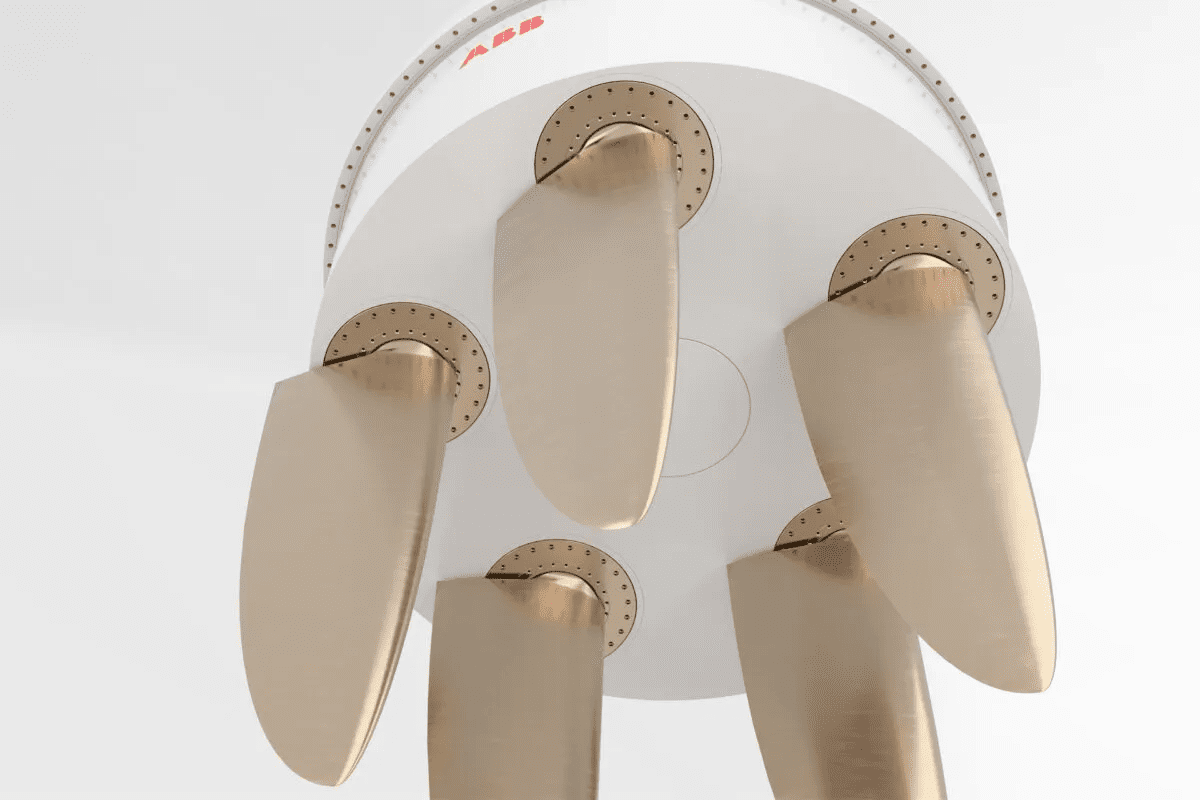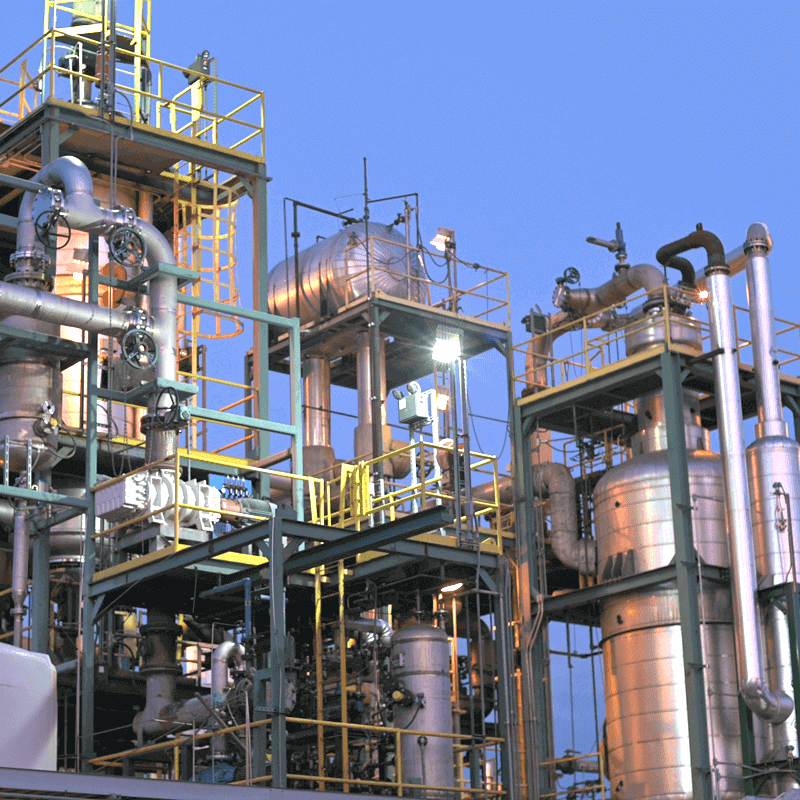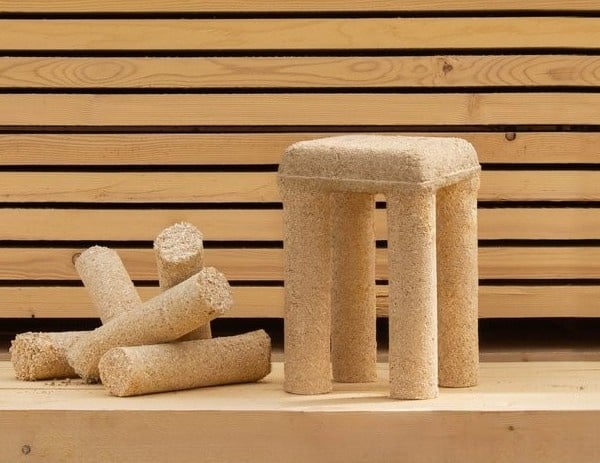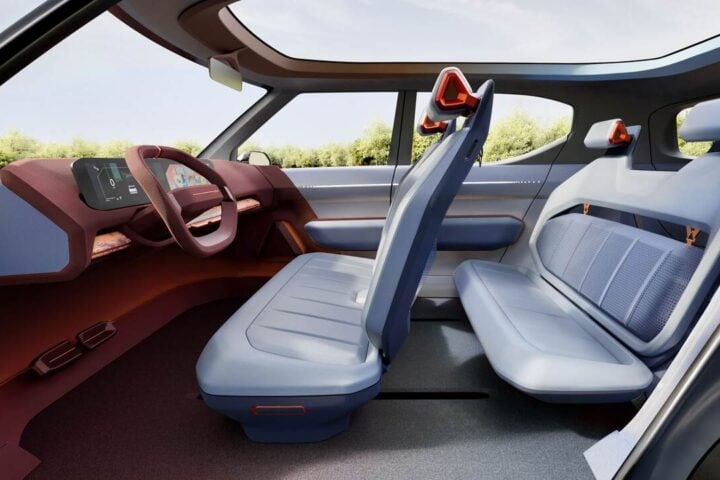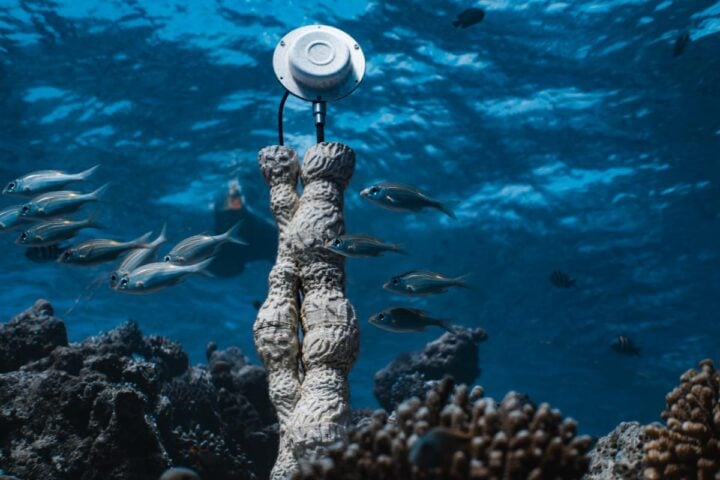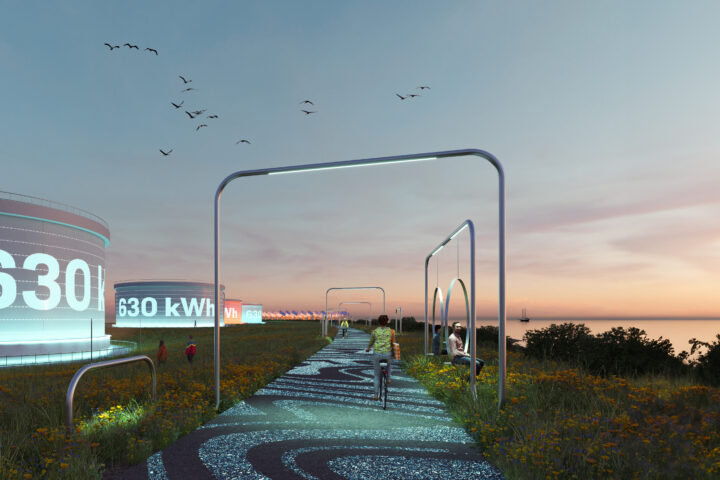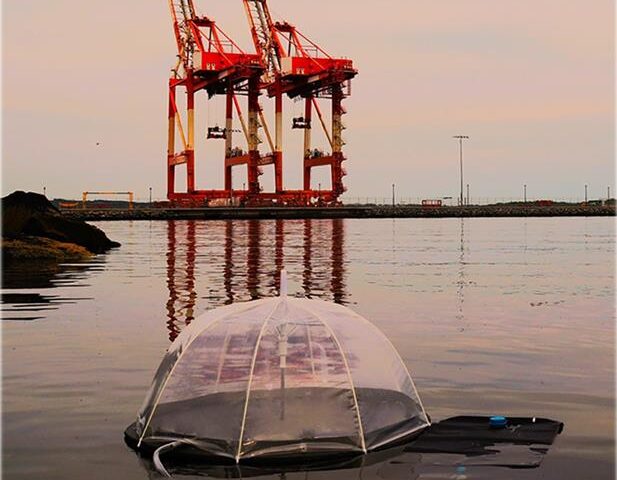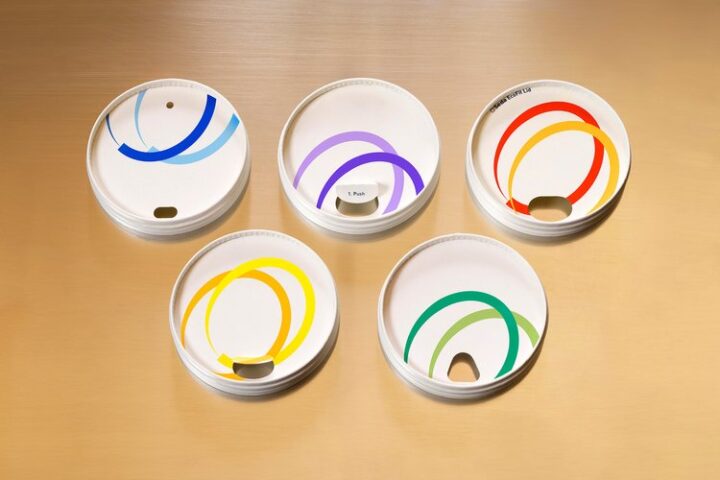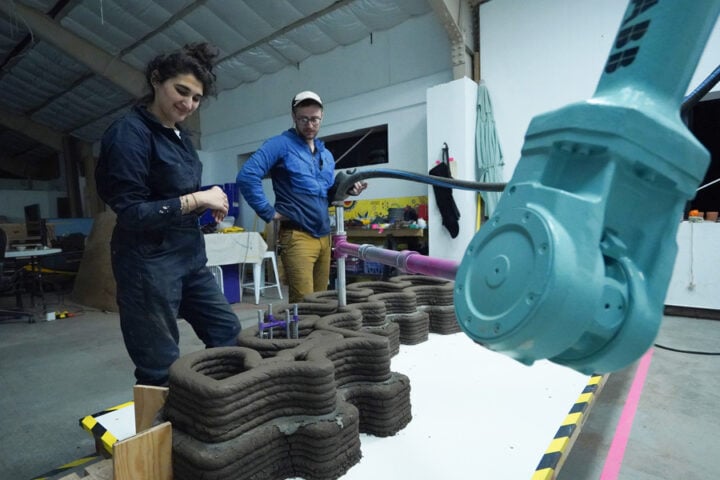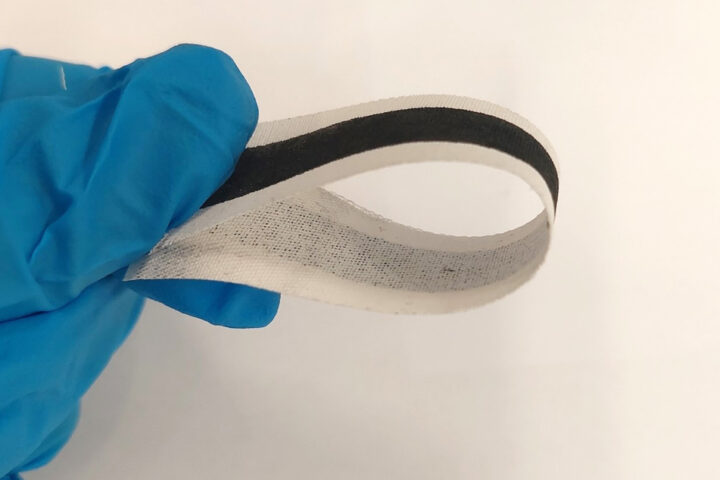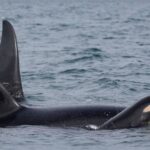The majestic whales have inspired a revolutionary innovation in ship propulsion tehcnology. A ship propulsion concept inspired by motion of a whale’s tail has emerged after a decade of research, development, and testing. ABB, a technology group, has unveiled a groundbreaking ship propulsion system that aims to reduce engine power use by 22% compared to traditional shaft line and propeller systems. The propulsion system, called Dynafin, features a main electric motor that powers a large wheel rotating at a moderate speed of 30-80 rounds per minute. Vertical blades, controlled individually by motors and control systems, extend from the wheel, generating propulsion and steering forces simultaneously. The Dynafin system offers operational efficiency and precision for ships, following ABB’s proven design philosophy of gearless power transmission in marine propulsion.
Initially available in the power range of 1-4 MW per unit, the Dynafin propulsion concept is ideal for medium-sized and smaller vessels such as ferries, offshore support vessels, and yachts. ABB’s CEO Bjorn Rosengren stated that the concept has been developed over a decade using the company’s expertise in automation, controls, mechanical systems, hydrodynamics, and ship electrification.
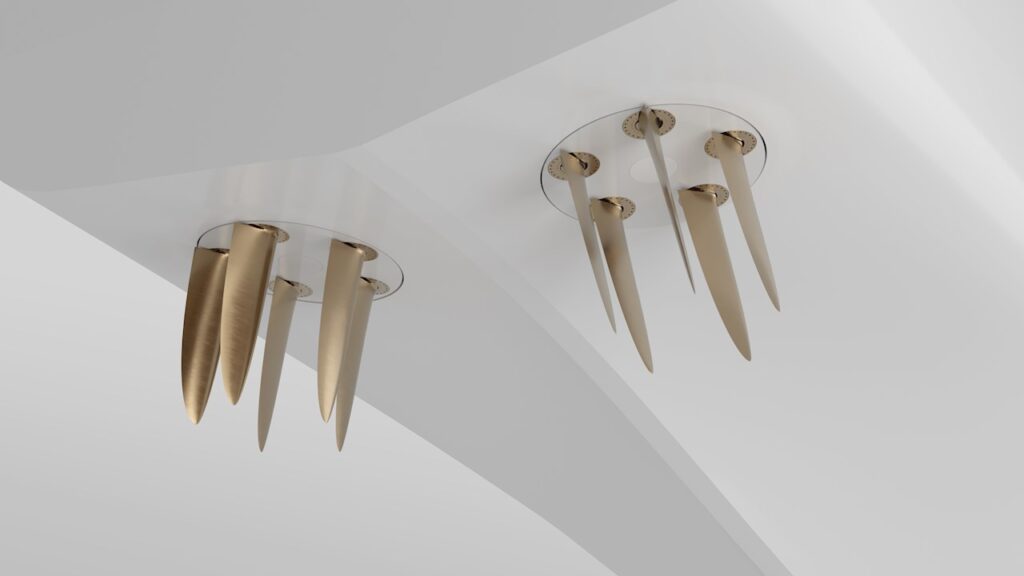
Independent studies have verified energy consumption savings of up to 22% compared to conventional propulsion solutions, which can result in significant fuel savings and emission reductions. The Dynafin concept is fully compatible with zero-emission battery and fuel cell technologies, offering further potential for reducing environmental impact. The system enhances passenger and crew comfort by reducing vibrations and noise levels while delivering superior maneuverability and positioning performance for vessels.
Antti Ruohonen, head of marine propulsion at ABB Marine & Ports, expects the first pilot units to be tested on ships between 2025 and 2026, with power-saving forecasts calculated independently by OSK-ShipTech. For optimal performance, a minimum of two Dynafin units per vessel is recommended, and up to four units can be installed for vessels with a maximum power capacity of 16 MW.
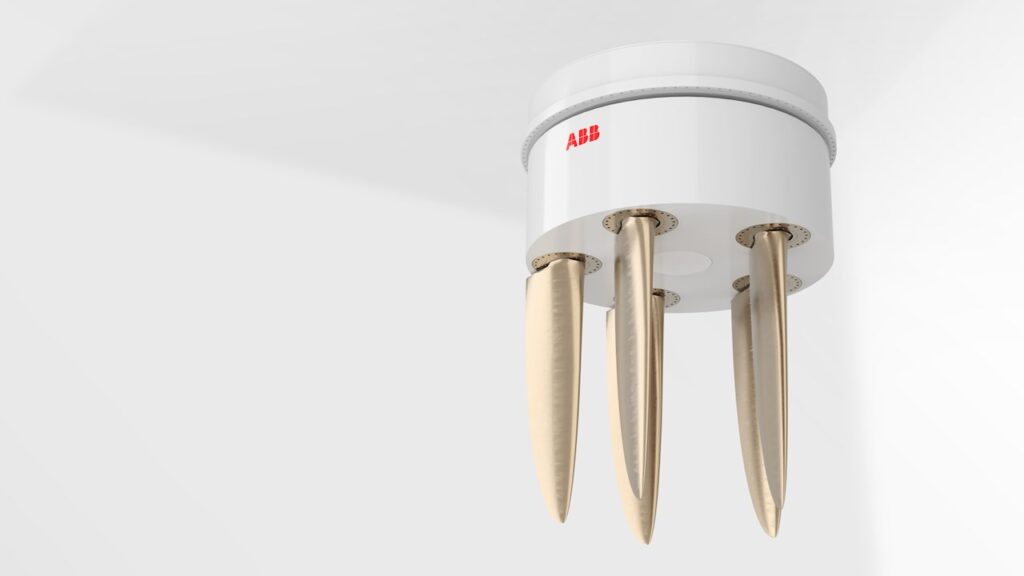
ABB is exploring the possibility of adapting the Dynafin system for higher power ratings, potentially extending its use to bulkers and tankers. The Dynafin system aims for high efficiency, targeting an open water efficiency of up to 85% and providing instant control of thrust and direction for various vessels.
The absence of mechanical parts in the Dynafin system contributes to reduced vibrations, noise levels, and the ease of maintenance. A typical 4-MW passenger vessel equipped with Dynafin could achieve fuel savings of 600 tonnes per year, significantly reducing its environmental footprint.
Similar Posts
The permanent magnet motor system in Dynafin is designed for easy maintenance, with fewer mechanical parts and no gearbox, enhancing reliability and reducing the risk of failures. While alternative fuels may be more expensive, ABB sees a positive business case and return on investment for operators and customers considering the Dynafin system. ABB believes that gearless, directly electrically driven propulsion represents the future, and they are fully committed to providing a fully electric version of the Dynafin system.
The Dynafin propulsion system can potentially be connected to a conventional combustion engine through a gearbox, although ABB’s current focus is on fully electric solutions. ABB expects the Dynafin system to revolutionize the way we think about propulsion systems, offering enhanced efficiency and environmental sustainability.
The first prototype of the Dynafin system is estimated to be available in 2025, marking a significant milestone in the advancement of ship propulsion technology. With its unique design and operational advantages, the Dynafin system has the potential to reshape the maritime industry, particularly for medium-sized and smaller vessels. ABB’s continuous investment in research, development, and innovation underscores their commitment to driving technological advancements in the marine sector and supporting a more sustainable future.
